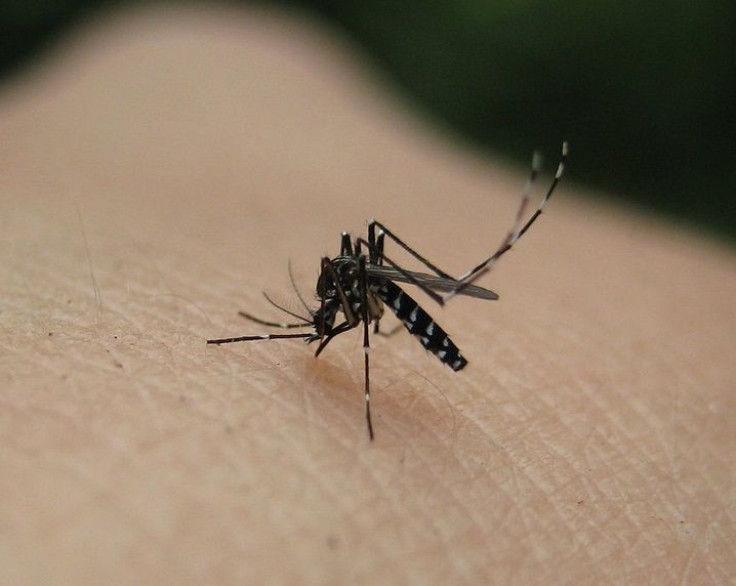Dengue Fever Outbreak Kills 16, Causes State of Emergency in Honduras

Honduras declared a state of emergency after a dengue fever outbreak left 16 people dead. To this point, 12,000 people have been diagnosed with the disease. Officials said that the mosquito-borne illness has also caused more than 1,800 patients to be at risk of internal bleeding and death, according to the BBC.
Health Minister Salvador Pineda said more than half of Honduras' municipalities have registered cases of the viral infection this year, and that the government is prioritizing the prevention and control of the disease. The measure, which was announced on Tuesday, expands a health alert issued in late June for 112 of the 298 municipalities in the country.
Dengue fever is a flu-like illness that has potentially lethal complications. It causes high fever, rash, muscle pain. Its more severe form, known as dengue hemorrhagic fever, can cause severe bleeding, a sudden drop in blood pressure, and death. It's mostly present in tropical and sub-tropical climates during the season when Aedes mosquito populations are high, and rainfall and humidity provide optimal breeding conditions. According to the World Health Organization, the incidence of dengue has increased 30-fold over the last 50 years, and now puts about half of the world's population at risk.
The dengue fever endemic — occuring yearly — was at its worst in 2010, when 83 people died and more than 66,000 people were diagnosed with the illness. Last year, two people died and there were 8,000 cases reported. There were no deaths in 2011.
Dengue fever is present across most of Central America right now. As of last week, 26 deaths were reported and it had infected almost 40,000 people.
Related:
- Homemade Mosquito Repellents: Natural Ways To Avoid Bug Bites
- How To Avoid The Annoyances And Dangers Of Mosquitoes
- Bigger People More Prone to Mosquito Bites



























